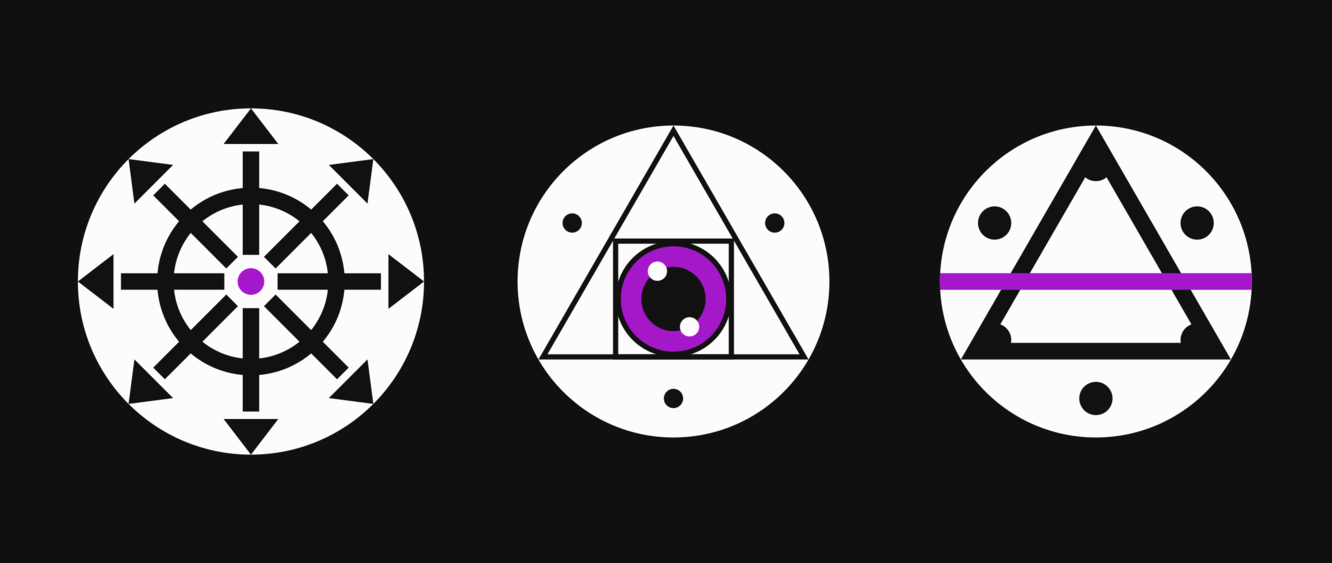
Those that obsess over LLMs like to believe that Plain English sits at the top of the abstraction pile, that it is the thing that a programming environment should seek to model. From this point of view, an LLM seems perfect: type in words, program comes out.
But Plain English is not the top of the pile, not even close. It's an imprecise and clumsy lingo. The process of development is about throwing away that imprecision and engaging with the reality of the possibility space.
Imagine saying this to someone 50years ago: "Netcat found a bug in the pipe playing with the mouse"
#technology #innovation #communication #generationaldifference #Meme
Imagine a publishing house with the mission of making knowledge and insights available to everybody for free, while ensuring high standards.
Well, the three universities of Berlin and the Charité have now joined forces to do just that.
They founded "Berlin Universities Publishing". Neither authors not readers pay. The pdf of books are freely available under a Creative Commons licence.
It's called "Diamond Open Access". They're just starting up. Much more to come.
It can be hard for those that don't do a lot of programming to understand, but programmers do not think in Plain English (or whatever their native tongue is). They do not, for the most part, spend their time wrangling & getting frustrated at their tools.
Instead, programmers think in abstractions that sit beyond the realm of natural language, and those abstractions are carved through dialect with the machine. The machine pushes back, the chisel strikes the marble, and the abstraction evolves.
Actual p2p requires that people actually care about the thing to keep it available, which is bad to them for some reason.
TIL: The European Union Public License.
https://en.wikipedia.org/wiki/European_Union_Public_Licence
Looks pretty decent actually!
• OSI and FSF approved
• copyleft
• SaaS clause (like the AGPL)
• explicitly compatible with several copyleft licenses to allow EUPL code to be integrated into GPL, AGPL, LGPL, OSL, MPL etc. projects
• based on European law
• available in 23 languages, all with the same validity
#EUPL #EuropeanUnion #software #license #FLOSS #OpenSource #licensing
WANTED: Intel Architecture Labs 1990’s CD-ROM’s. They appear to have maybe been monthly. They contained a mirror of Intel’s ‘download.intel.com’ ftp server, specifically the /ial/ subdirectory which is not in the 2014 backup of the site on archive.org.
Lots and lots of white papers and design guideline documents in there. Especially looking for ones from the late 1990’s (1998-ish onward) if they exist. I’ve seen references in mailing lists to them that lead me to believe they do.
Example gem: intel trying to cover its ass after the FDIV bug, and have some more FDIV
“Seeing with the Hands” is the latest #CHI2025 research from our lab Shan-Yuan with Gene S-H Kim and Xuanyou (Zed) Liu. We explore a sensory substitution that enables a flexible way of seeing (vision-to-electrotactile), e.g., hover an object and feel its shape before grasping if one cannot see! Next talk (in 10m) at Annex F204!
I am now up to date on Android Studio's use of .aar dependencies and know that you need to fully delete a module if you ever hope to truly remove it from the build cache 🤪
Here's the meetup link for those interested! https://www.meetup.com/decentralized-ottawa/events/307548114/
- Pronouns
- they/them/it
- mauve+fedi@mauve.moe
- Matrix
- @mauve:mauve.moe
- Github/Gitlab/Discord
- @RangerMauve
Occult Enby that's making local-first software with peer to peer protocols, mesh networks, and the web.
Yap with me and send me cool links relating to my interests. 👍
